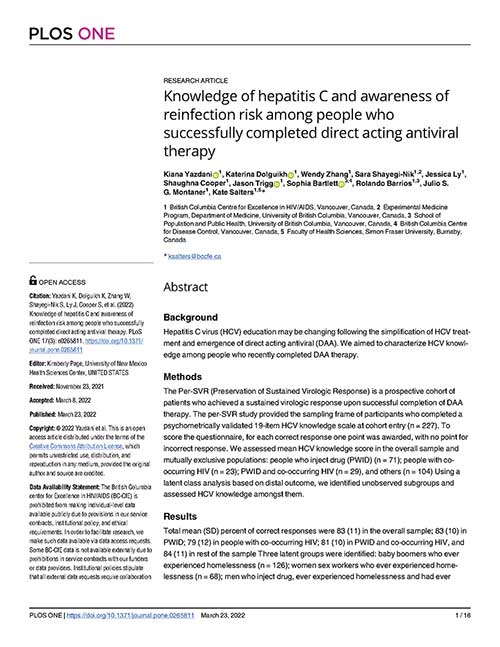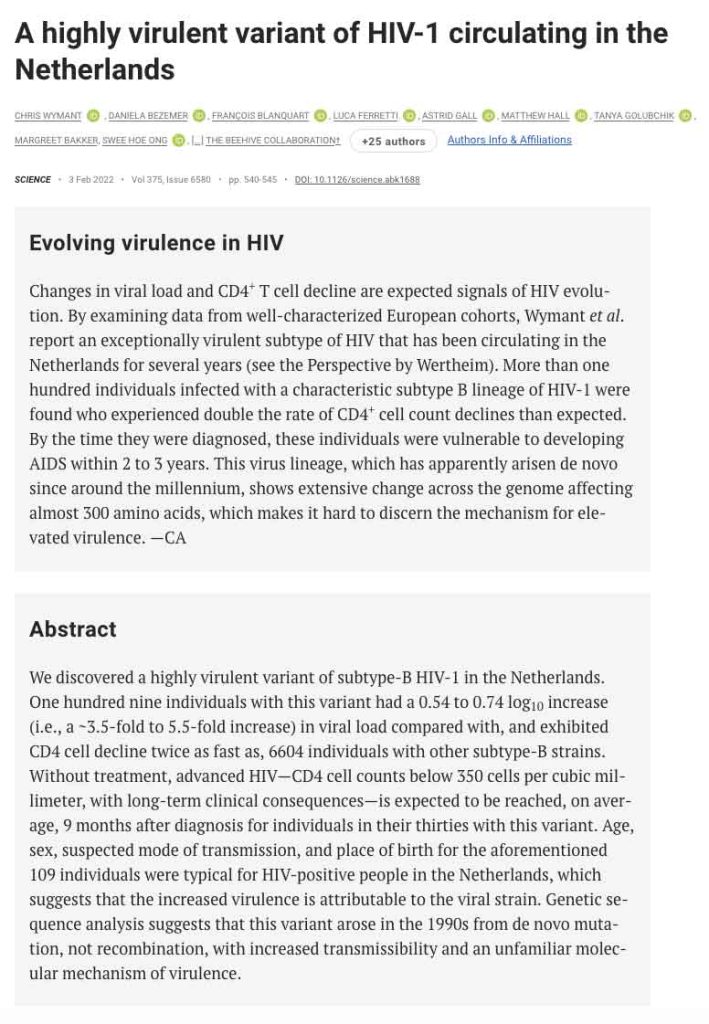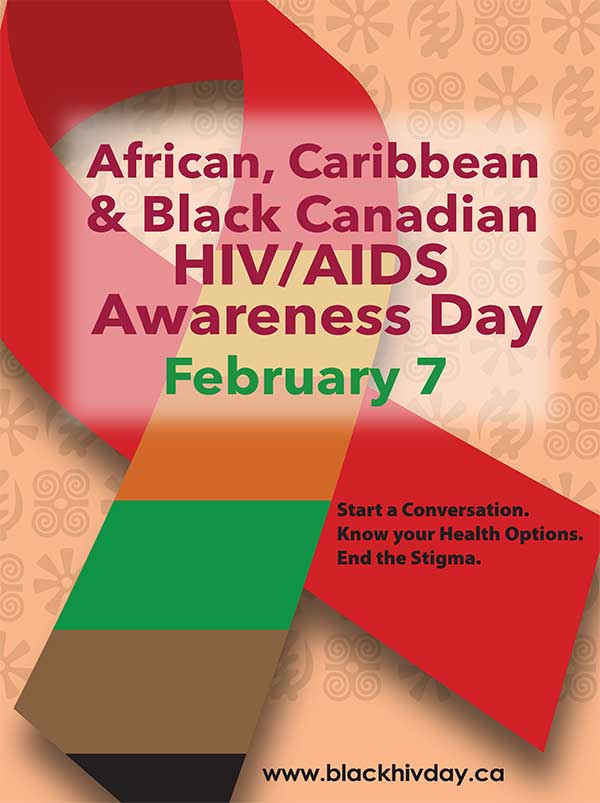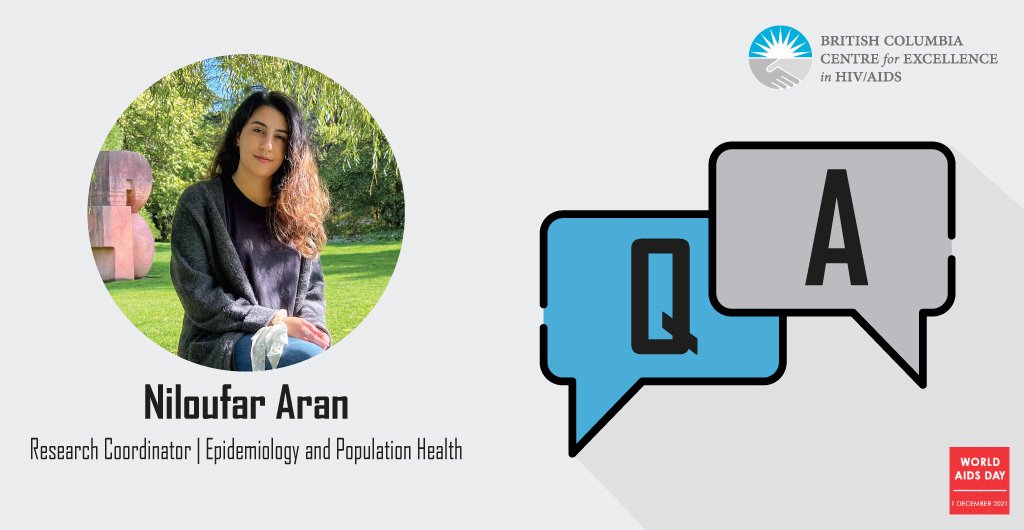BC Centre for Excellence Celebrating 30 Years
This year the BC-CfE is celebrating its 30th year of excellence. In this video, Dr. Julio Montaner, the BC-CfE’s Executive Director and Physician-in-chief, kicks off the anniversary activities, reflecting on how the Centre has grown and evolved since 1992 and thanking its patients, the staff, the numerous supporters, partners and friends.
BC Centre for Excellence Celebrating 30 Years Read More »










